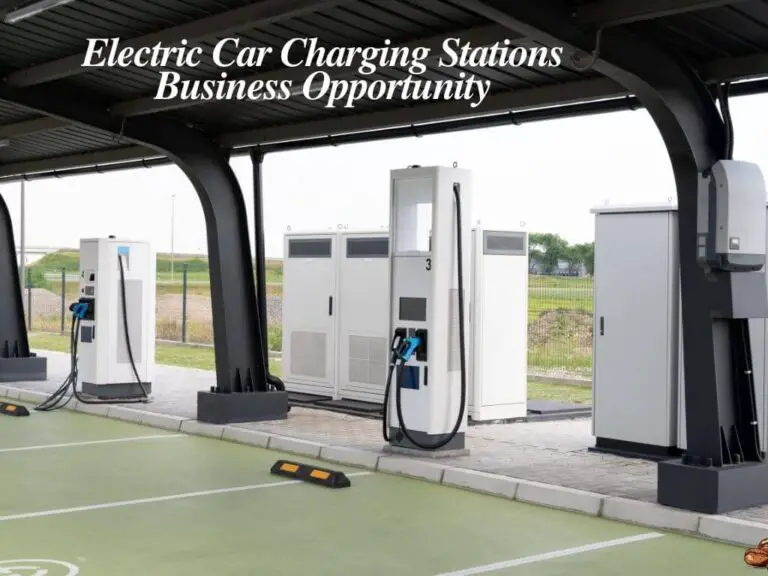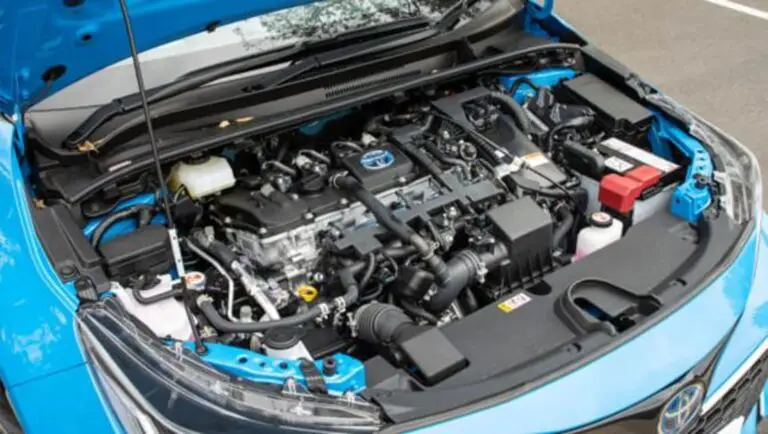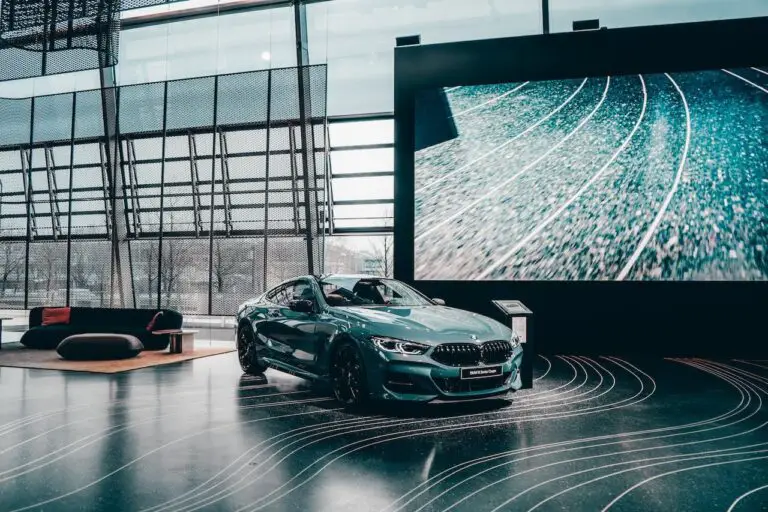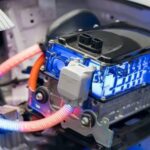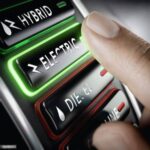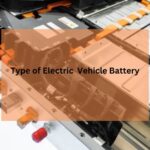Electric cars (EVs) have rapidly gained popularity, not just for their eco-friendly benefits but also for the incredible advancements in technology that make them a viable choice for everyday drivers. Whether you’re an EV owner or just thinking about getting one, you’ve probably wondered how to maximize your car’s range on a single charge. This curiosity often leads to the question: What is the most efficient speed for electric cars?
When it comes to electric vehicles, efficiency is key. Driving at the right speed can significantly affect how far your EV can go on a charge. Striking the right balance between speed and energy consumption is crucial for getting the most miles per charge. In this article, we’ll dive into the sweet spot for driving your EV, explore the factors that influence efficiency, and share some tips to help you maximize your car’s range.
Let’s explore how you can unlock the most efficient speed for your electric car and enjoy a smoother, more economical ride!
The Science Behind Electric Car Efficiency
How EVs Consume Energy
Electric vehicles operate differently from traditional gasoline-powered cars, especially when it comes to energy consumption. Instead of relying on fuel, EVs run on battery power, which drives an electric motor. The amount of energy your car uses depends on various factors, including motor efficiency, the battery’s power capacity, and how the vehicle interacts with its environment.
For example, when you drive at higher speeds, your car has to work harder to overcome air resistance (aerodynamic drag), and the faster you go, the more energy it consumes. Similarly, the car’s weight and road conditions, such as hills or uneven terrain, can also affect how much battery power is used.
Energy Use at Different Speeds
Driving too fast or too slow can drastically impact your car’s efficiency. When you’re driving at high speeds, your electric car faces more resistance, meaning the motor has to work harder to maintain speed. This leads to increased energy consumption and a quicker drain on your battery.
On the other hand, driving too slowly can also reduce efficiency. At low speeds, stop-and-go driving becomes more frequent, which can be inefficient, even with regenerative braking. While regenerative braking does help capture some energy when you decelerate, it’s not always enough to counterbalance the energy loss from slow, inconsistent driving.
Why Speed Matters for EV Efficiency
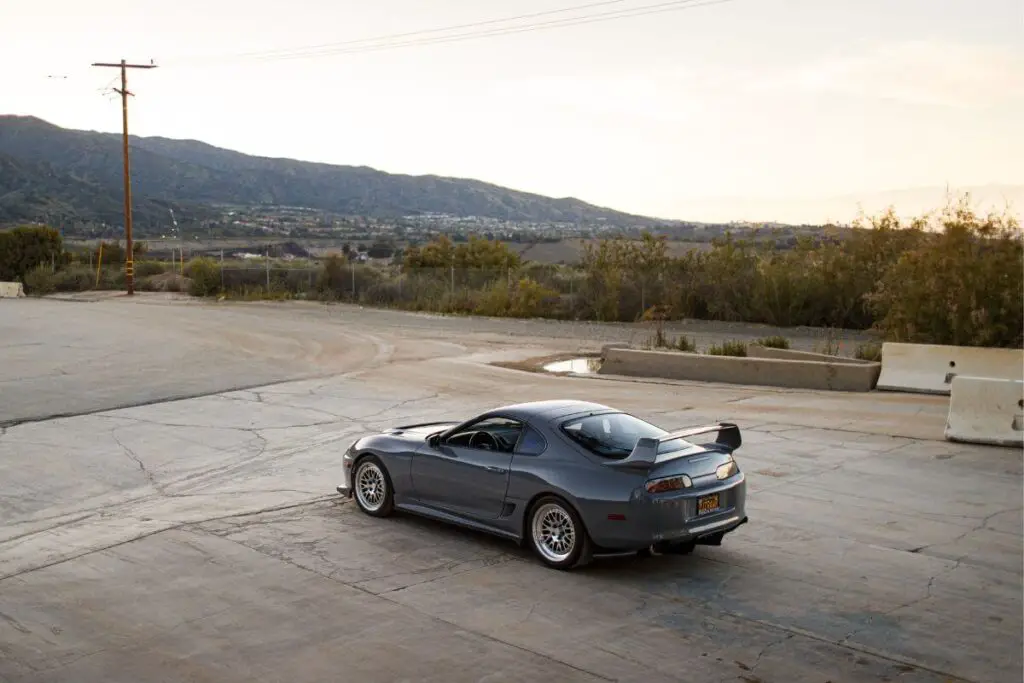
The Impact of High Speeds
When you push your electric car to higher speeds, you’re also increasing its energy demands. This is because aerodynamic drag increases exponentially as you drive faster. Think of it like riding a bicycle—at a slow pace, it’s easy to pedal and maintain control, but as you speed up, the wind pushes back against you, making it harder to move forward. The same principle applies to electric cars.
At high speeds, the car’s motor has to work overtime to counter the wind resistance, which means your battery will deplete faster. As a result, consistently driving at high speeds can severely limit your range, requiring you to charge your vehicle more often than if you were driving at a moderate speed.
Slow Speeds and Energy Loss
While it might seem like driving slowly would save energy, that’s not always the case. Electric cars are most efficient when they maintain a steady speed. If you’re driving too slowly, especially in stop-and-go traffic, the energy consumption increases due to frequent acceleration and deceleration.
Even though EVs have regenerative braking, which helps convert some of the braking energy back into the battery, it has its limitations. Regenerative braking works best when slowing down from moderate speeds, but at very low speeds, it doesn’t capture enough energy to offset the losses from constant stopping and starting.
Finding that sweet spot for speed—neither too fast nor too slow—is essential for getting the most out of your electric car. In the next section, we’ll explore what the most efficient speed for electric vehicles typically is.
What Is the Most Efficient Speed for Electric Cars?
The General Range of Efficient Speed
Most electric vehicles achieve their peak efficiency when driven at moderate speeds, typically between 40-60 miles per hour (mph). This speed range strikes the right balance between minimizing aerodynamic drag and avoiding the energy inefficiencies of slow, stop-and-go driving. When driving within this range, your EV consumes the least amount of energy per mile, allowing you to maximize your range before needing a recharge.
According to studies from various EV manufacturers, such as Tesla, Nissan, and Chevrolet, this range holds true for many models. For instance, a Tesla Model 3 tends to perform most efficiently around 45-50 mph, while the Nissan Leaf sees its optimal efficiency at speeds closer to 40-45 mph. These numbers can vary slightly depending on the model, but most EVs follow this general pattern.
Real-World Tests
Real-world tests have confirmed that driving at moderate speeds significantly extends an electric car’s range. For example, drivers have found that maintaining a steady 50 mph on the highway allows them to squeeze more miles out of a single charge compared to faster highway speeds. The reason is simple: when you push beyond 60 mph, the energy required to overcome aerodynamic drag increases sharply.
Some drivers may even notice that using tools like cruise control at these speeds can further enhance efficiency by keeping speed consistent and eliminating sudden accelerations. While each EV model might have its specific optimal speed, driving within the 40-60 mph range is generally the best practice for efficiency.
Factors That Influence Your EV’s Optimal Speed
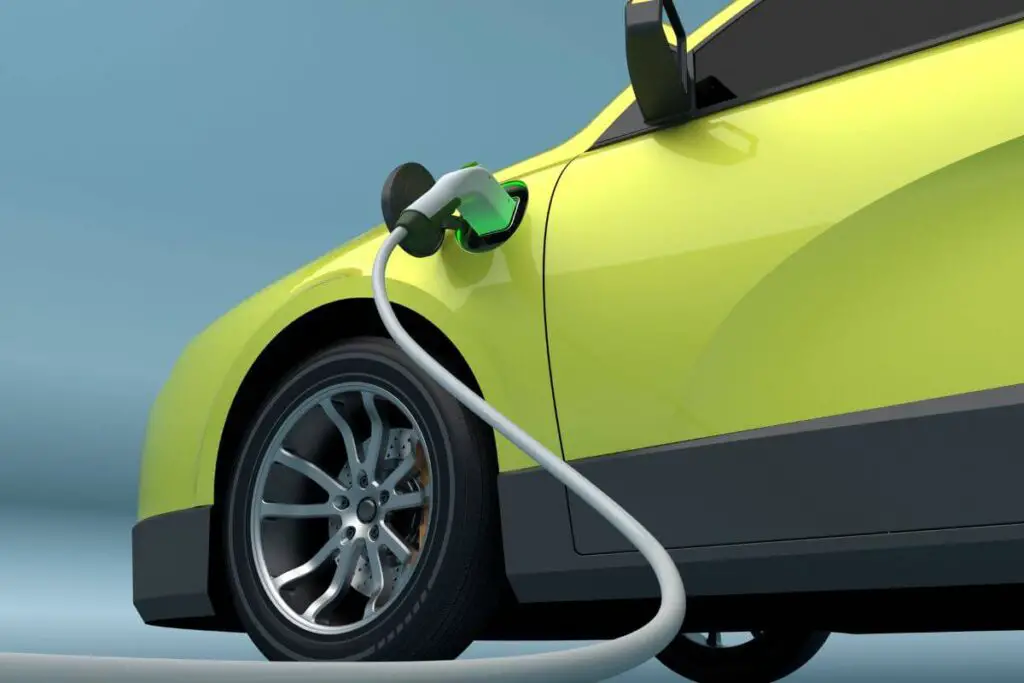
Terrain and Road Conditions
One of the biggest factors that can impact your electric car’s efficiency is the terrain. Driving on flat roads will allow you to maintain a steady, efficient speed with less energy consumption. However, if you’re driving uphill, your EV has to work much harder to overcome the incline, using more battery power in the process. Similarly, driving downhill may allow you to coast, but this only offers temporary relief.
Uneven or rough road surfaces can also affect your EV’s performance, as they increase rolling resistance, making your car less efficient. In contrast, smooth, level roads provide the best conditions for maintaining optimal energy consumption.
Weather Conditions
Weather plays a significant role in how efficiently your electric car performs. Cold temperatures, for example, can reduce battery efficiency, meaning you’ll get fewer miles per charge when driving in winter conditions. Similarly, strong winds can increase aerodynamic drag, especially if you’re driving against a headwind, forcing your EV to consume more energy to maintain speed.
Hot weather can also take a toll, as running air conditioning systems to cool the car draws additional power from the battery. Wind resistance, whether caused by weather conditions or the speed at which you’re driving, is another factor to consider. Keeping speed within the optimal range helps minimize these energy losses.
Tire Pressure and Vehicle Load
The condition of your tires and the weight of your vehicle also play a crucial role in energy efficiency. Under-inflated tires increase rolling resistance, making your car work harder and consume more energy. To maximize efficiency, ensure your tires are inflated to the manufacturer’s recommended pressure.
Similarly, the more weight you’re carrying in your vehicle, the more energy your EV will need to keep moving. Whether it’s passengers or cargo, added weight can affect your ability to maintain the most efficient speed. Reducing excess weight and properly maintaining your tires are simple steps that can help you get more out of each charge.
Real-World Examples of EVs and Their Optimal Speeds
Tesla Model 3
The Tesla Model 3 is one of the most popular electric cars on the market, known for its impressive range and efficiency. Real-world tests show that the Model 3 performs most efficiently when driven around 45-50 mph. At this speed, the car’s aerodynamic design and battery system work in harmony, minimizing energy consumption while maintaining enough speed for a comfortable drive. When drivers push beyond 60 mph, however, the energy consumption increases significantly due to higher air resistance, reducing the range.
Nissan Leaf
Another common EV, the Nissan Leaf, finds its sweet spot at a slightly lower speed. Tests have shown that driving between 40-45 mph gives this car the best balance between battery usage and range. On highways, where speeds typically exceed this range, Leaf drivers may notice a decrease in efficiency, especially at speeds over 60 mph. Regenerative braking is effective in city driving for this model, but maintaining a consistent moderate speed on longer drives is key to maximizing the Leaf’s range.
Chevrolet Bolt EV
For the Chevrolet Bolt EV, optimal efficiency occurs between 45-50 mph, similar to the Tesla Model 3. This speed allows the Bolt to maintain its range without excessive energy consumption from aerodynamic drag. Drivers who consistently travel at highway speeds of 65 mph or more might notice a reduction in range, as the Bolt’s battery works harder to push through air resistance.
Driving Modes and Efficiency
Many modern electric cars, including the Tesla Model 3, Nissan Leaf, and Chevrolet Bolt, offer different driving modes that can impact energy efficiency. For example, switching to “Eco Mode” can help limit the car’s acceleration and top speed, optimizing energy use. These modes are particularly useful for city driving or when trying to extend your range on a single charge. While the exact efficiency gains from using these modes vary by vehicle, they are designed to help you maintain a speed that conserves energy, even in less-than-ideal conditions.
Tips for Maximizing Efficiency While Driving Your EV
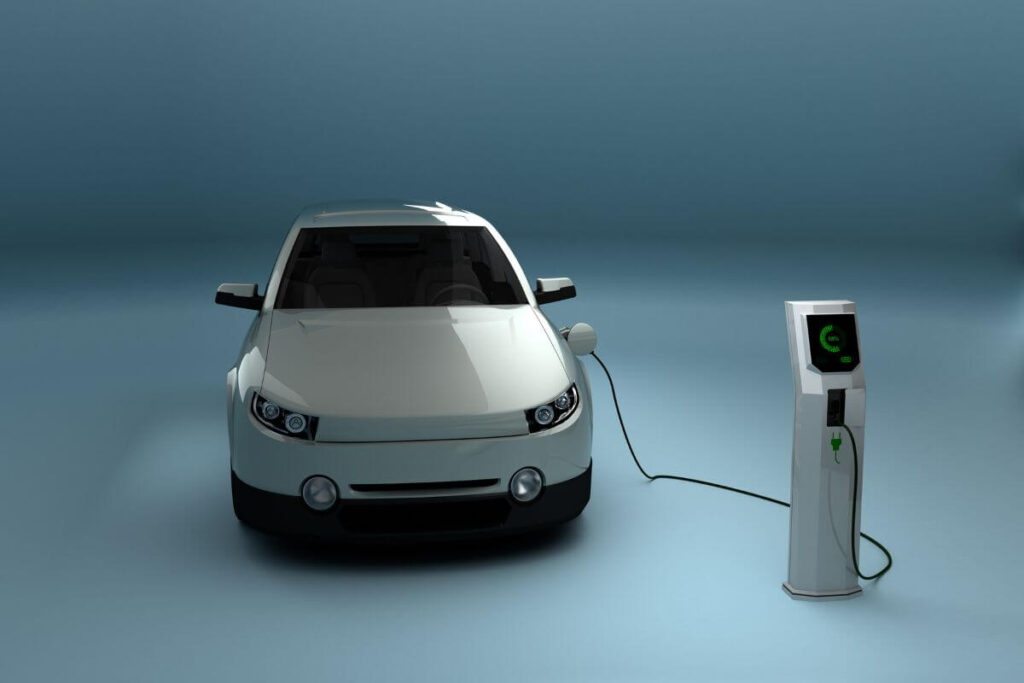
Maintain a Steady Speed
One of the simplest yet most effective ways to improve your electric car’s efficiency is to maintain a steady speed. Frequent acceleration and deceleration can significantly drain your battery, so using cruise control or adaptive cruise control can be beneficial, especially on highways. These systems help you keep a consistent speed, reducing the temptation to speed up or slow down unnecessarily.
When driving in areas with frequent stops, try to anticipate traffic signals and coast to a stop rather than braking hard. This gentle approach can help you recover energy through regenerative braking, providing a slight boost to your battery’s charge.
Avoid Rapid Acceleration and Braking
Electric cars are known for their quick acceleration, but this can come at a cost. Rapid acceleration not only uses more battery power but also decreases your overall efficiency. Instead, try to accelerate smoothly and gradually. This gentle driving style can help you maintain a better energy consumption rate, allowing you to cover more distance before needing to recharge.
Similarly, hard braking can waste energy that could have been recaptured through regenerative braking. Aim to slow down gradually whenever possible, allowing your car to harness that energy instead of losing it to heat.
Plan Your Routes
When it comes to maximizing your EV’s efficiency, planning your routes can make a significant difference. Choose paths that minimize stops and maximize highway travel within the efficient speed range. Whenever possible, opt for routes with fewer traffic signals and less congestion, which will help you maintain a steady speed and reduce energy loss from frequent stops.
Additionally, consider using navigation apps that provide real-time traffic updates to avoid delays and detours. Some apps even have features specifically for EV drivers, helping you find charging stations along your route if needed.
Why the Efficient Speed Might Vary Between EV Models
Different Designs and Battery Technologies
The efficiency of electric cars can vary significantly due to differences in design, battery size, and motor technology. For instance, some models are designed with advanced aerodynamics that reduce drag, allowing them to maintain efficiency at higher speeds. On the other hand, a more traditional design may struggle with increased wind resistance, making it less efficient when driving fast.
Battery technologies also play a crucial role. Larger batteries can store more energy, allowing for better performance at higher speeds. However, heavier batteries can also contribute to increased energy consumption. Understanding the specific design and battery technology of your EV can help you identify its optimal speed for efficiency.
Software Optimizations
Many modern electric vehicles come equipped with sophisticated software that optimizes energy usage based on driving conditions. These systems can adjust the car’s performance characteristics to maximize range. For example, some vehicles may have built-in algorithms that determine the most efficient speed based on real-time data, such as traffic conditions and terrain.
These software optimizations can also help manage energy consumption in different driving modes. By selecting the appropriate mode for your driving situation—like “Eco Mode” for city driving or “Sport Mode” for highway performance—you can enhance your vehicle’s efficiency and enjoy a more tailored driving experience.
EV Range and Driving Modes
Most electric cars offer various driving modes that affect speed and energy consumption. For instance, “Eco Mode” is specifically designed to maximize efficiency by limiting acceleration and top speed. This mode is particularly useful in urban settings, where stop-and-go traffic is common.
Conversely, “Sport Mode” allows for quicker acceleration and higher speeds, but at the expense of battery range. Understanding these modes and when to use them can help you strike a balance between performance and efficiency, depending on your driving needs.
Conclusion: Striking the Balance Between Speed and Efficiency
Finding the most efficient speed for electric cars is crucial for maximizing your range and enhancing your driving experience. Generally, maintaining a speed between 40-60 mph offers the best balance between energy consumption and performance for most EVs. By sticking to this speed range, you can enjoy longer drives without the constant worry of recharging your battery.
As we’ve discussed, several factors influence your electric car’s efficiency, including terrain, weather conditions, tire maintenance, and the weight of your vehicle. It’s essential to consider these elements to optimize your driving habits and ensure your EV operates at its best.
Moreover, understanding the unique features of your specific electric vehicle—such as driving modes and battery technology—can help you adjust your driving style to match its strengths. Utilizing cruise control, avoiding rapid acceleration and braking, and planning your routes wisely can all contribute to maximizing your range.
Frequently Asked Questions
What Is The Most Efficient Ev At Highway Speeds?
The most efficient EV at highway speeds is one that maintains a speed of around 50-60mph. Electric cars do not have a specific optimal speed for efficiency, unlike combustion engines. However, lower speeds are generally more efficient due to reduced wind resistance.
Are Electric Cars More Efficient At Low Speeds?
Electric cars are more efficient at low speeds because they don’t need to reach a certain speed for maximum efficiency. However, they consume more energy at higher speeds due to increased wind resistance. Driving at lower speeds helps conserve miles and maximize the mileage on a single charge.
How Do I Get The Best Mileage Out Of My Electric Car?
To get the best mileage out of your electric car, keep your speed slow and steady. Driving at lower speeds helps conserve miles because higher speeds create more air resistance, requiring more power. Avoid highways if you want to maximize your range on a single charge.
Electric cars use more electricity at higher speeds due to the increased energy required.
Do Electric Cars Use More Electricity At Higher Speeds?
Electric cars use more electricity at higher speeds due to increased air resistance, which requires more energy to overcome. Higher speeds require more power from the EV battery to propel the car along the road.

